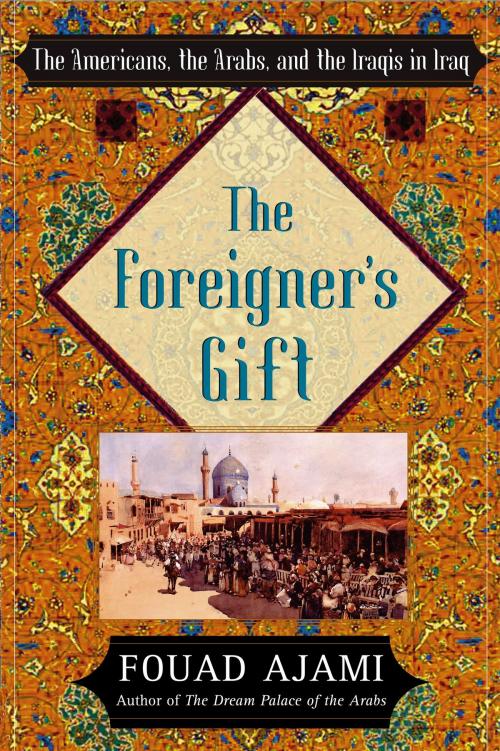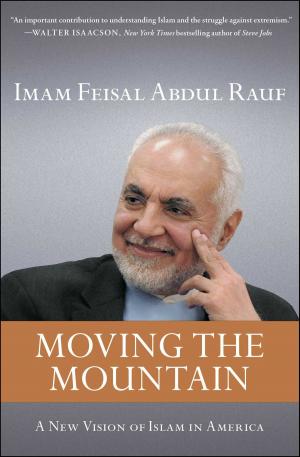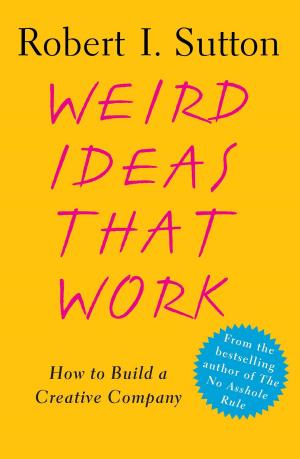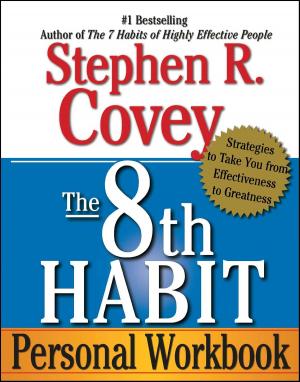The Foreigner's Gift
The Americans, the Arabs, and the Iraqis in Iraq
Nonfiction, Social & Cultural Studies, Political Science, International, International Security, International Relations, Social Science| Author: | Fouad Ajami | ISBN: | 9781416548621 |
| Publisher: | Free Press | Publication: | December 1, 2006 |
| Imprint: | Free Press | Language: | English |
| Author: | Fouad Ajami |
| ISBN: | 9781416548621 |
| Publisher: | Free Press |
| Publication: | December 1, 2006 |
| Imprint: | Free Press |
| Language: | English |
The fall of Saddam Hussein's brutal regime brought the first glimpse of freedom for Iraq and unleashed elation, resentment, and chaos. On the one hand, there is hope: the Iraqi people have their first chance at independence. On the other hand, there is despair: the country is exploding with violent sectarian and political power struggles. Through it all, Iraq has remained an enigma to much of the world. What is it about this country that makes for such a seemingly intractable situation? How did Iraq's particular history lead to its present circumstances? And what can we fear or hope for in the coming years?
Fouad Ajami, one of the world's foremost authorities on Middle Eastern politics, offers a brilliant, illuminating, and lyrical portrait of the ongoing struggle for Iraq and of the American encounter with that volatile Arab land. Ajami situates the current unrest within the context of Iraq's recent history of dictatorship and its rich, diverse cultural heritage. He applies his incisive political commentary, his broad and deep historical view, his mastery of the Arabic language and Arabic sources, and his lustrous prose to every aspect of his subject, wresting a coherent, fascinating, and textured picture from the media storm of fragmented information.
In the few years after the Iraq war began, Ajami made many trips to that country and met Iraqis of all ethnicities, religions, politics, and regions. Looking beneath the familiar media images of Iraq and the war, Ajami visits with individuals representing the breadth of Iraq's populace, from Sunni leaders and Shia clerics to Kurdish politicians and poets, Iraqi policemen, and ordinary people voting for the first time in their lives. He also hears from American soldiers on the ground, and the result of all his encounters is an astonishing portrayal of a land that has emerged as a crucial battleground between American power and the wider forces of Arab religious and political extremism.
With his unrivaled access -- he has been granted an audience with the great, reclusive Shia cleric Ayatollah Ali al-Sistani and been admitted into the sacred shrine of Imam Ali in Najaf for a discussion with its religious scholars -- Ajami provides an intimate portrait that draws on both his learning and his lifelong interest in the traditions and the history of Iraq. With his commentator's eye, his scholarly depth of understanding, his poetic ear, and his abiding love for the Middle East, Fouad Ajami is an essential voice for our times. The Foreigner's Gift is the book we all need to read in order to understand what is happening in Iraq today and what the future might hold for all of us.
The fall of Saddam Hussein's brutal regime brought the first glimpse of freedom for Iraq and unleashed elation, resentment, and chaos. On the one hand, there is hope: the Iraqi people have their first chance at independence. On the other hand, there is despair: the country is exploding with violent sectarian and political power struggles. Through it all, Iraq has remained an enigma to much of the world. What is it about this country that makes for such a seemingly intractable situation? How did Iraq's particular history lead to its present circumstances? And what can we fear or hope for in the coming years?
Fouad Ajami, one of the world's foremost authorities on Middle Eastern politics, offers a brilliant, illuminating, and lyrical portrait of the ongoing struggle for Iraq and of the American encounter with that volatile Arab land. Ajami situates the current unrest within the context of Iraq's recent history of dictatorship and its rich, diverse cultural heritage. He applies his incisive political commentary, his broad and deep historical view, his mastery of the Arabic language and Arabic sources, and his lustrous prose to every aspect of his subject, wresting a coherent, fascinating, and textured picture from the media storm of fragmented information.
In the few years after the Iraq war began, Ajami made many trips to that country and met Iraqis of all ethnicities, religions, politics, and regions. Looking beneath the familiar media images of Iraq and the war, Ajami visits with individuals representing the breadth of Iraq's populace, from Sunni leaders and Shia clerics to Kurdish politicians and poets, Iraqi policemen, and ordinary people voting for the first time in their lives. He also hears from American soldiers on the ground, and the result of all his encounters is an astonishing portrayal of a land that has emerged as a crucial battleground between American power and the wider forces of Arab religious and political extremism.
With his unrivaled access -- he has been granted an audience with the great, reclusive Shia cleric Ayatollah Ali al-Sistani and been admitted into the sacred shrine of Imam Ali in Najaf for a discussion with its religious scholars -- Ajami provides an intimate portrait that draws on both his learning and his lifelong interest in the traditions and the history of Iraq. With his commentator's eye, his scholarly depth of understanding, his poetic ear, and his abiding love for the Middle East, Fouad Ajami is an essential voice for our times. The Foreigner's Gift is the book we all need to read in order to understand what is happening in Iraq today and what the future might hold for all of us.















